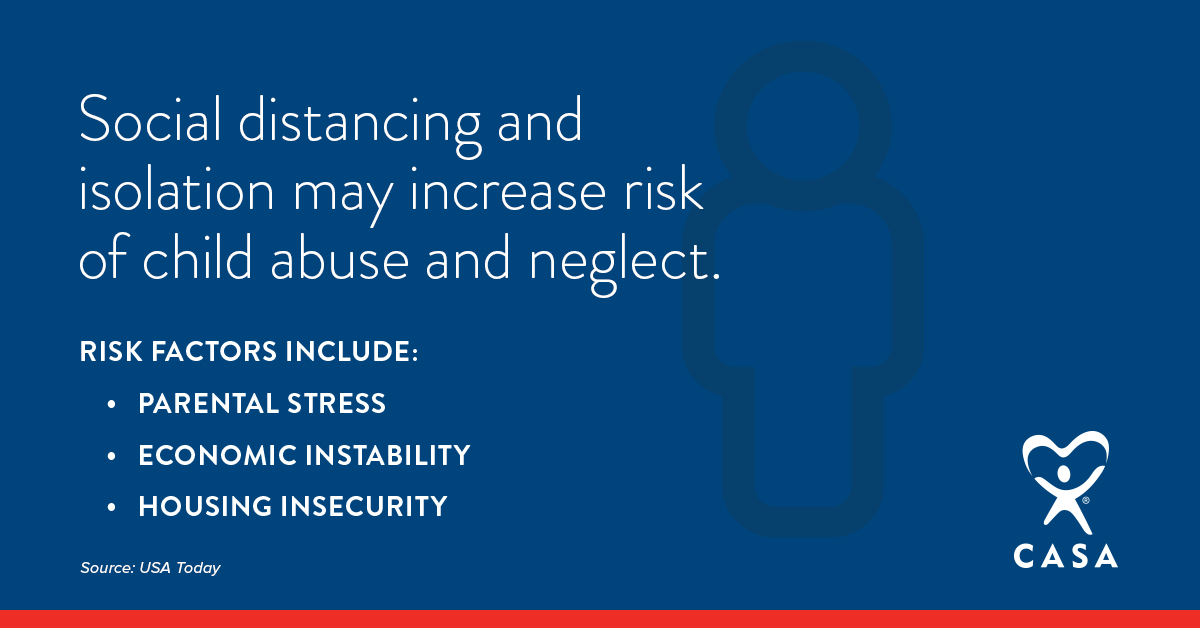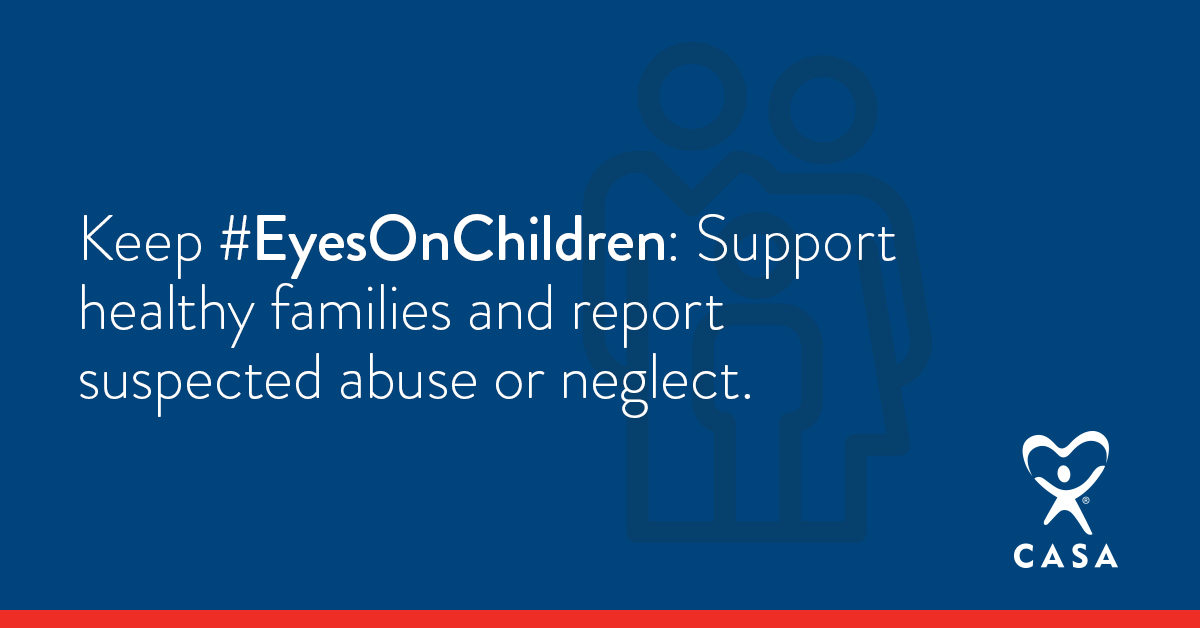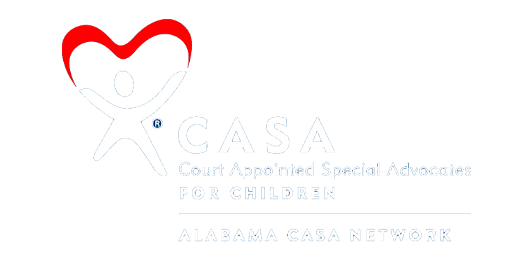
Learn your risk of being exposed to COVID-19 based on Alabama county.
Stay updated on state guidelines for staying safe during the pandemic.
Learn methods for explaining COVID-19 to children of all ages.
Due to the Governor’s extend Safer at Home order, a majority of CASA programs have suspended all in-person visits with children and youth. To protect the health of all, we continue to abide by the social distancing protocols that are unique to this crisis.
Staying in contact with children or youth during this period of social distancing is as important as ever. Children and teens are impacted by the unknown, and that fear can manifest itself in depression, anxiety or concerning behaviors. Volunteers being available to youth and their caregivers to check in, lend support, or facilitate communication continues to be a very important CASA role. Each volunteer is expected to maintain contact with their youth by video chat or phone call once per month. Additional contact can be made by text, email or phone. Each youth is unique and your communication should be tailored to their age and willingness to “chat.” Some volunteers should be checking in with caregivers, rather than children based on age or developmental level. Consult with your Case Supervisor to determine the level of communication that is right for you.
Staying in contact is particularly important because many schools across the State of Alabama are closed. CASA volunteers can check in with children and their families (foster and biological) in an effort to ensure that they are maintaining their physical and mental health, that they are able to complete any assigned schoolwork, that they have a sufficient supply of medication, and to support them through any anxiety that they may be feeling at this time. Many volunteers are regularly checking in and making sure that older youth and families have enough groceries and other supplies.
To support a child and their family, when making weekly check in calls, inquire about items such as:
- Health of all household members — physical and mental
- What is the family doing to keep busy daily?
- Is anyone in the household working outside the home?
- Has the child/children had any issues behaviorally since being home?
- If the child’s visitation has been suspended due to COVID-19, have they been able to stay in touch with their parent/sibling(s) by phone?
- Is the household having any other challenges? (Financial, shortage of food, childcare for healthcare workers/first responders, etc.)
- Are there any medical/dental appointments for the child/children that were cancelled but could not be rescheduled? Has DSS been consulted to determine whether these appointments have been rescheduled?
- Does the caretaker have supportive individuals they are relying on right now to stay calm and healthy?
- One volunteer took a video of herself reading a story and sent it to the children she serves so they can listen to her read whenever they want.
- Volunteers who work with teens are listening to music with them over Spotify, helping teens practice for virtual job interviews, and doing craft projects with them online.
- Volunteers are using this opportunity to strengthen connections by sharing more about their lives with children: one recently gave her assigned children a virtual tour of her farm.
- CASA/GAL volunteers are catching up with children on the phone or using video chat.
- Some volunteers are introducing children to the joys of receiving and sending snail mail, by mailing letters with a self-addressed stamped envelope so children can write back.
- Volunteers are dropping off care packages with food, puzzles, games and coloring pages. Some include a self-addressed stamped envelope so kids can share their finished artwork.
- Where allowed by the court, volunteers are helping youth communicate with their families of origin.
- Volunteers are meeting with children in person by going for walks while maintaining a safe distance, or by standing outside and talking with children who are on a porch or at the window.
- In some locations, restaurants have volunteered to supply children with meals through CASA/GAL volunteers.
This is uncharted territory for our state-wide CASA programs. We greatly appreciate your attention to this information and guidelines to help protect you and the children we serve.
Strength & Ingenuity
We are continually impressed by the strength and ingenuity of our staff and volunteers, and now is no exception. Social distancing as a result of COVID-19 has made flexibility more important than ever for volunteers and the children they serve. Children are isolated and their families’ health and well-being may be at additional risk.
But CASA program staff and volunteers are endlessly creative and are going to great lengths to find ways to stay connected with the children they serve. Programs around the nation have shared what they and their volunteers are doing to maintain contact with and provide support to children, always being done within the law and requirements for confidentiality and safety for children and youth.
COVID-19 won’t get in the way of you becoming a volunteer. Sign up to be a socially distanced volunteer.
Eyes On Kids


“Our mission of serving every vulnerable child in Alabama does not end during the COVID-19 pandemic. We will continue to serve abused and neglected children thanks to the dedication of our committed volunteers and local program employees throughout the state.”
